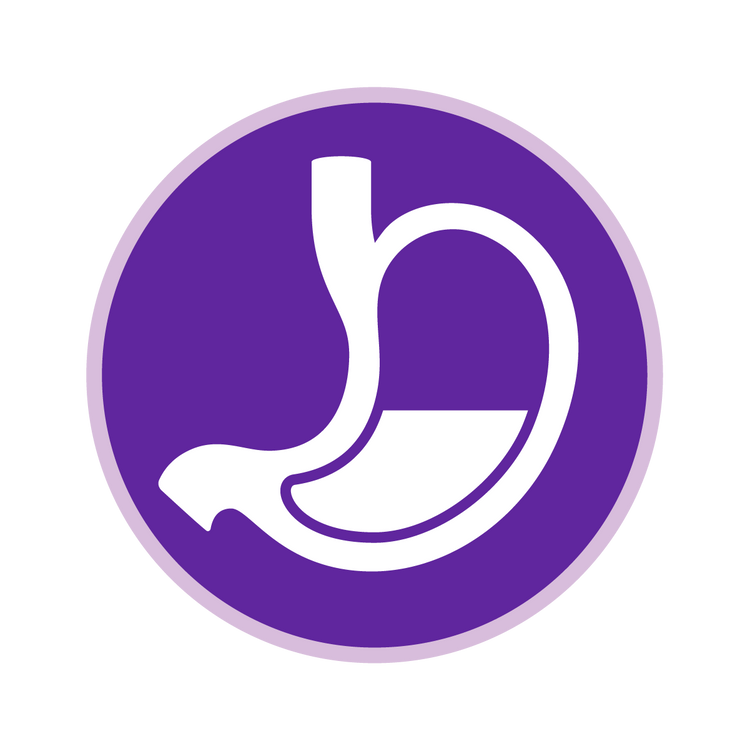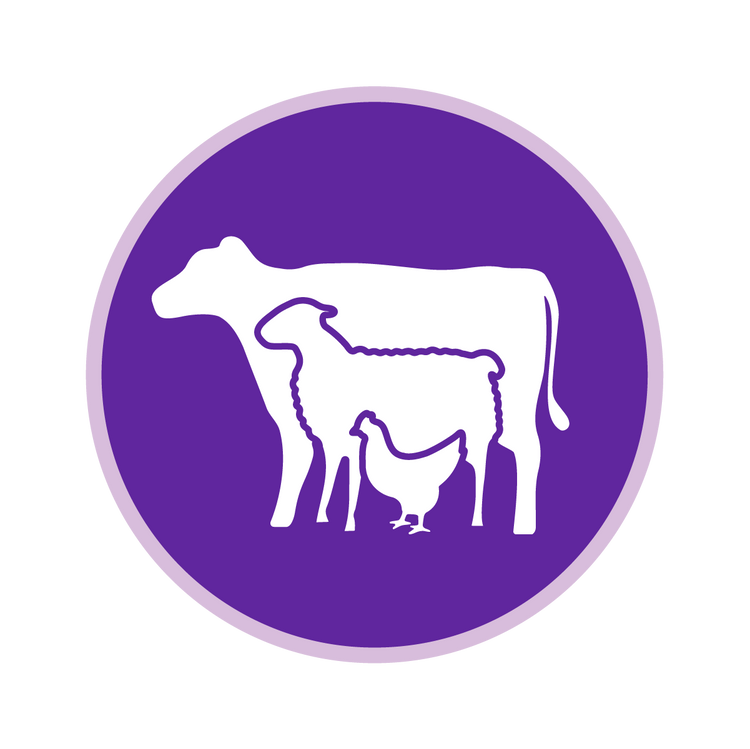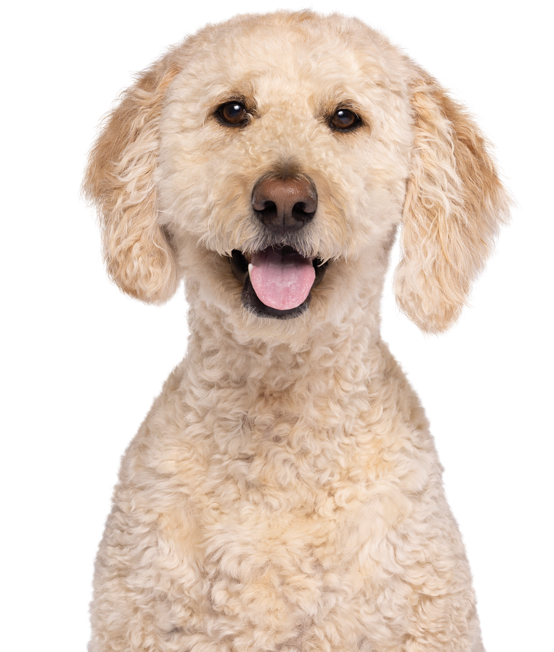The benefits of raw without the thaw
Give your pets the absolute best with Halo's freeze-dried raw food, toppers and treats. No fillers and no refrigeration needed!

Freeze-dried raw has major fans.
"I've been hesitant to leave a review since our dog is SO, so picky and usually changes her mind after a few months. But, after 8 DIFFERENT food changes, this is the ONLY food that she continuously eats." —Karla
For mealtime, treat time and anytime, too.
Why freeze-dried raw rules.
Give them all the benefits of a raw diet in a way that's easy and convenient for you.

Preserves the natural flavor & nutrition of raw food

Boosts digestion with natural fiber

Supports muscle development & maintenance
















